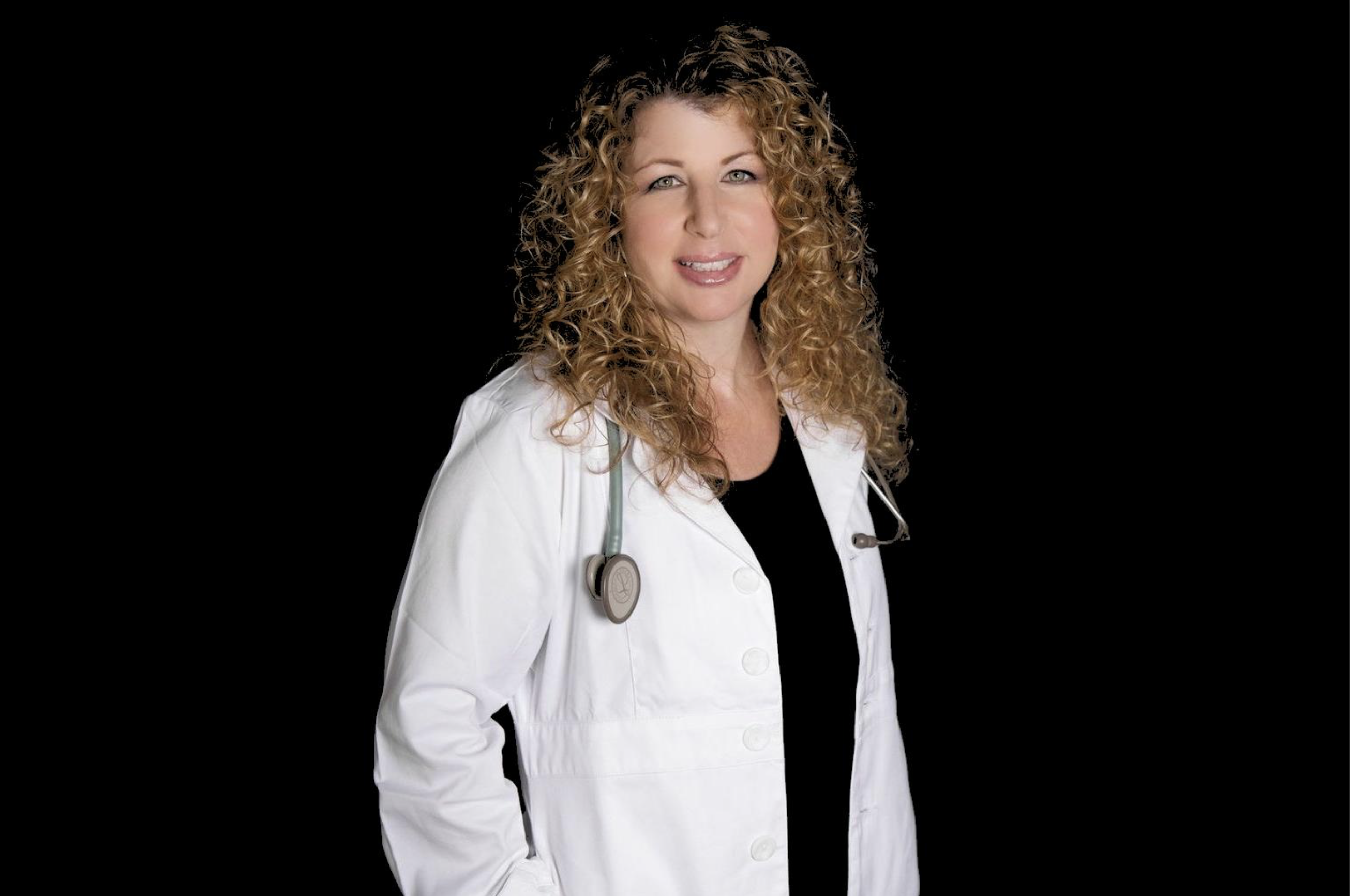Cannabis and Autism
Autism Spectrum Disorder is thought to be due, at least in part, to an imbalance in the endocannabinoid system, which plays a key role in regulating mood, sleep, and social behavior. Two ground-breaking studies found altered levels of endocannabinoids and differences in the function of this system in children diagnosed with autism compared to children without this diagnosis. Clinical research, including randomized, controlled trials, show that CBD and other cannabinoids can help reduce anxiety, aggression, sleep difficulties while also improving communication, hyperactivity and overall quality of life. Dr. Goldstein has published three studies looking at the impact of medical cannabis in children with autism using saliva biomarkers and found that cannabinoids corrected underlying abnormalities in pathways that were seen before medical cannabis treatment. Importantly, these studies consistently report an acceptable safety profile with no serious side effects.
Karhson, Debra S., et al. "Plasma anandamide concentrations are lower in children with autism spectrum disorder." Molecular autism 9.1 (2018: 18.; Aran, Adi, et al. "Lower circulating endocannabinoid levels in children with autism spectrum disorder." Molecular autism 10.12019: 2.;Fletcher, Sarah, et al. "Medicinal cannabis in children and adolescents with autism spectrum disorder: A scoping review." Child: Care, Health and Development 48.12022: 33-44.; Hacohen, Micha, et al. "Children and adolescents with ASD treated with CBD-rich cannabis exhibit significant improvements particularly in social symptoms: an open label study." Translational psychiatry 12.12022: 375.; Siani-Rose, Michael, et al. "Cannabis-responsive biomarkers: A pharmacometabolomics-based application to evaluate the impact of medical cannabis treatment on children with autism spectrum disorder." Cannabis and Cannabinoid Research 8.12023: 126-137.)
